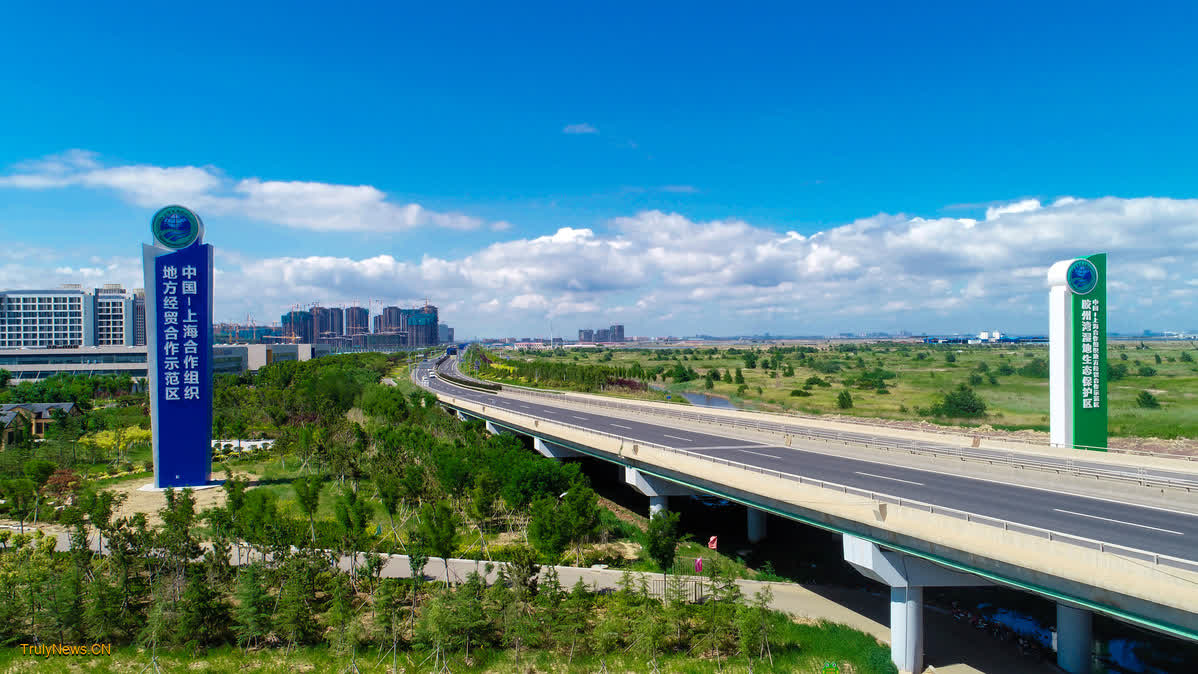
The 24th Shanghai Cooperation Organization (SCO) Council of Heads of State summit was held in Astana on July 3-4. The summit was a historic occasion that addressed important regional concerns, improved security cooperation, deepened economic relations, and addressed global difficulties as a group.
Under the theme “Strengthening Multilateral Dialogue—Striving Towards a Sustainable Peace and Prosperity,” the summit’s agenda was extensive and concentrated on important areas of member state collaboration and development. First and foremost, on the agenda were stability and security.
During the conference, at least 20 important documents were discussed. The SCO Development Strategy until 2035, the Energy Cooperation Development Strategy until 2030, the Programme of Cooperation in Countering Terrorism, Separatism, and Extremism for 2025-2027, the SCO Anti-Drug Strategy for 2024-2029, and the Astana SCO Declaration were among them.
One of the meeting’s highlights was Belarus’ official admission into the organization, which shows the SCO’s increasing appeal and significance on the regional and international arenas in the face of escalating geopolitical tensions and protectionism led by some nations.
The Shanghai Spirit’s basic tenet is still the goal of shared progress. The crucial responsibilities of national growth and economic regeneration fall on SCO member nations. The Shanghai Spirit serves as the SCO’s compass as it works to fortify group advancement and establish a mutual circle of development. The SCO has carved out a distinct course for development, moving from its original emphasis on security cooperation to the dual-driven model of security and economic cooperation and, more recently, to a multi-track approach covering health, security, development, and cultural community. It is now a constructive force in the area, a bridge for cooperation, and a friendship knot.
As the founding member, China has continuously taken the lead in projects that advance the group’s steady advancement. A great example of collaborative effort in action is the Belt and Road Initiative (BRI), in which numerous nations of the SCO were early participants. The SCO countries’ trade and investment have increased dramatically; in 2023, China-Central Asia commerce reached a record-breaking $90 billion, up 27.2 percent year over year.
The Belt and Road Initiative, which China proposed, has achieved synergies with the SCO agenda, promoting infrastructure development as well as trade and investment flow across the Eurasian region. China has also made a significant contribution to the development of economic cooperation within the SCO. This integration not only stimulated economic growth, but also strengthened connectivity and stability in the region.
Additionally, China supports interstate diplomacy, cultural exchanges, and environmental cooperation under the framework of the Shanghai Cooperation Organization, highlighting the significance of soft power in fostering stronger international relations. By promoting dialogue and mutual understanding, China strives to build a cohesive regional community that overcomes geopolitical rivalries and promotes mutual trust.
The SCO is essential to regional stability and growth at a time when global governance is changing. Assuring that this summit establishes the foundation for new chapters of cooperation, promoting regional security and prosperity, and creating a community with a common future for humanity, China is well-positioned to take the lead in advancing cooperative efforts within the SCO.
The Author is Muhammad Humayun Asghar, a Pakistani affiliated with Beijing Institute of Technology (BIT), a leading IT university in China.
The views don’t necessarily reflect those of China Daily.
If you have a specific expertise, or would like to share your thought about our stories, then send us your writings at opinion@trulynews.cn, and comment@trulynews.cn.